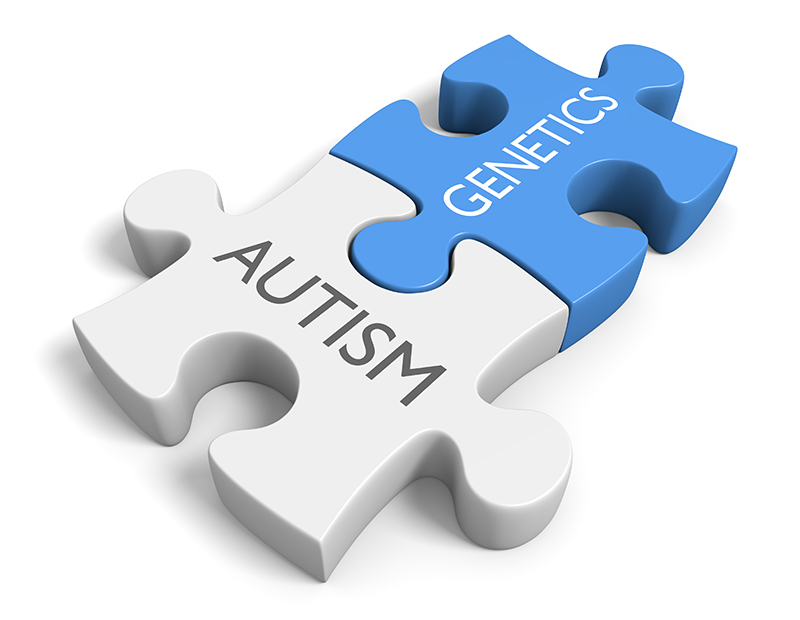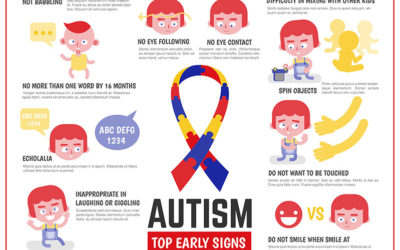Answer: Hi Marta!
Autism is a very complex issue and there is no way anyone can guarantee that an unborn child will not have autism; however, there are many preventative practices you can take to minimize the risk!
First, the prevention of autism is considered a controversial subject for a wide variety of reasons. I will address why the controversy and discuss the reasons.
Many people still think that autism is a purely genetic disorder like Down Syndrome. Down syndrome (DS) occurs when a child has a whole or partial extra copy of chromosome 21. This abnormality can be detected after conception. Autism is considered to be multi-factorial and thus, not purely genetic. There are many genes that might contribute to autism risk; however, it is the interaction of these genes with one or more environmental exposures that confer autism risk. One specific gene that is often linked with the development of autism is MTHFR and the mom can be tested for its presence.
In regard to exposures that should be avoided, Consider the following:
- Despite protests from the mainstream medical community, many folks believe that vaccines are one of the most important factors in the development of ASD. Though hotly disputed, what cannot be in dispute is that the Vaccine Court since its formation in 1986, has paid out over 4.2 billion dollars to parents of vaccine-injured children.
- Acetaminophen (also known as paracetamol) and known by the brand names Tylenol and Panadol. Glutathione is the body’s antioxidant. It helps the body recover from virtually any toxic experience. A child’s body responds to Acetaminophen as toxic exposure. Glutathione can be severely depleted as a result of its use. The case against using acetaminophen is very strong in regard to its use with children.
- Antibiotics are well recognized as killing both beneficial and pathological gut bacteria. The healthy, diverse microbiome (the microbial cells carried in our bodies that live in symbiosis with us) is critical in the maintenance of good health. When there is an imbalance in the microbiome, the tight junctions of the small intestine don’t work properly. When this happens, the brain is negatively affected because toxins, viruses, and other materials violate the blood-brain barrier.
- There is mounting evidence that routine ultrasound in pregnancy, at the energy levels currently in use may not be safe for developing brains, especially if they are of long duration or repeated frequently during pregnancy. It is suggested that the use of routine ultrasound be kept to a minimum in a low-risk pregnancy.
- General Anesthesia. According to a 2005 study, when there was more than one exposure to general anesthesia during the first four years of life, the likelihood of a diagnosed learning disability before age 1-9 doubled.
- Glyphosate and GMOs. The active ingredient in Roundup, the Monsanto herbicide, is glyphosate which is associated with a host of negative physical effects on the human body. Monsanto also markets genetically engineered versions of corn and soy which are designed to withstand spraying with large amounts of glyphosate. There is evidence that glyphosate can interfere with many of the metabolic processes that are suspected to be involved in some percentage of autism cases.
- Electromagnetic Fields. Disturbing studies show that increased cancer risks from microwave radiation. Though adults can suffer negative effects of EMF exposure, children are more affected than adults because they are still developing. Some practical suggestions include avoiding smart meters, turn your Wi-Fi off at night; make sure you don’t live near a cell phone boosting system, and carry your cell phone as far away from your pregnant belly or infant as possible.
I hope this helps Marta!
Best wishes,
Dr. McCabe






0 Comments